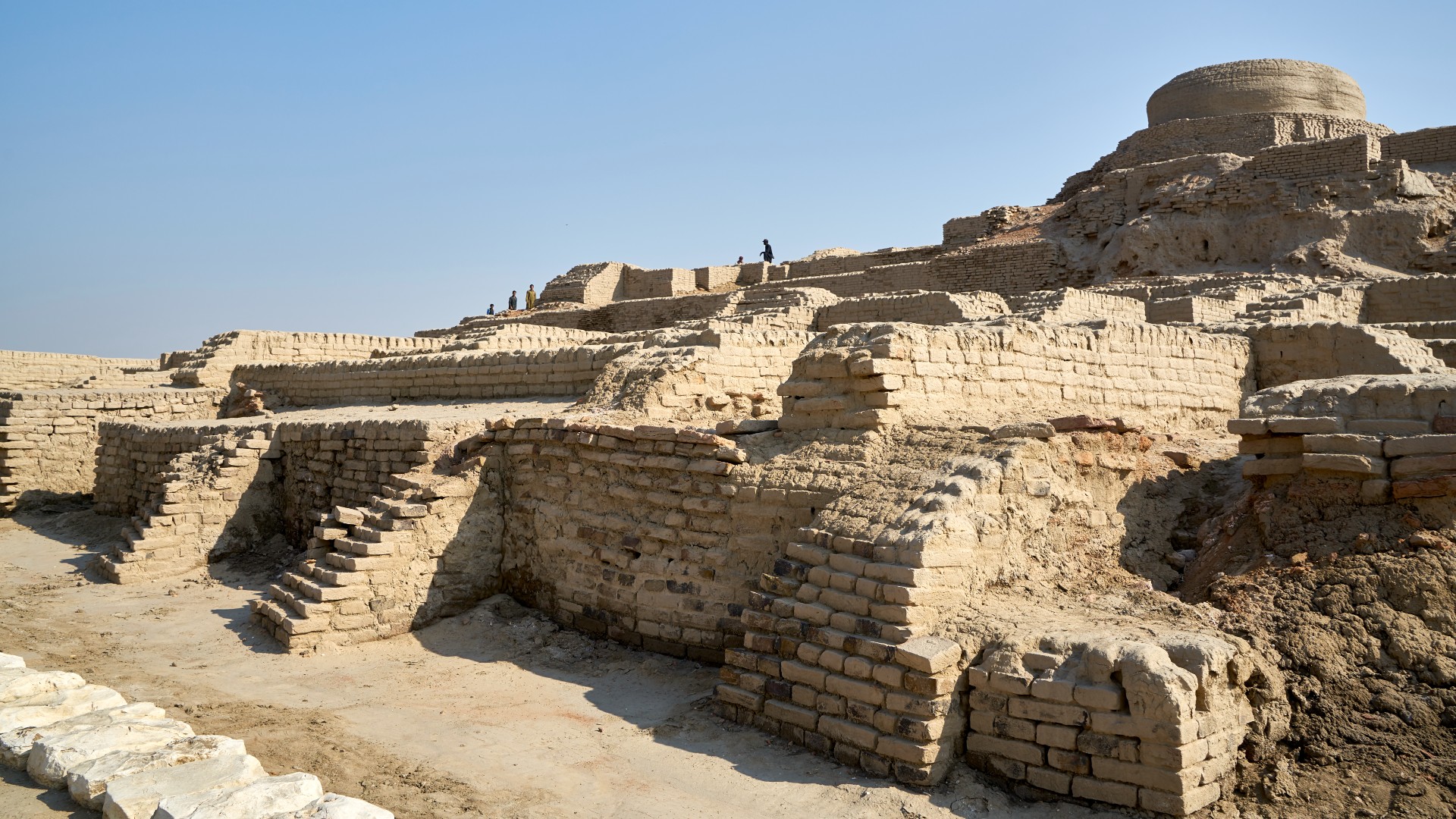Hinduism, one of the world's oldest and richest religious traditions, is a colourful and complex tapestry woven with diverse threads. This brief exploration seeks to highlight key periods in the religion's development and the profound philosophies that have shaped it over the centuries.
An Overview of Hinduism's History
India • 29 Jun, 2023 • 5,614 Views • ⭐ 1.0
Written by Shivani Chourasia

The Indus Valley Civilization (3300–1300 BCE)

Many of Hinduism's roots trace back to the ancient Indus Valley Civilization. Although the religious practices of this society remain shrouded in mystery due to undeciphered symbols, artefacts like the famous 'Pashupati' seal suggest a proto-Shiva figure, hinting at rudimentary forms of Hindu worship.
Vedic Period (1500–500 BCE)

The advent of the Aryans ushered in the Vedic period, named after the religious texts, the Vedas, which they composed. These texts, mainly consisting of hymns and rituals, formed the bedrock of what came to be known as Brahmanism, the precursor to Hinduism.
Epic and Puranic Age (500 BCE–500 CE)

This era saw the composition of the Mahabharata and Ramayana, two epic poems central to Hindu mythology. The Bhagavad Gita, part of the Mahabharata, discusses duty (dharma), righteousness, and the paths to liberation (moksha). This period also saw the development of the Puranas, religious texts detailing genealogies of gods, goddesses, and heroes, as well as cosmological myths.